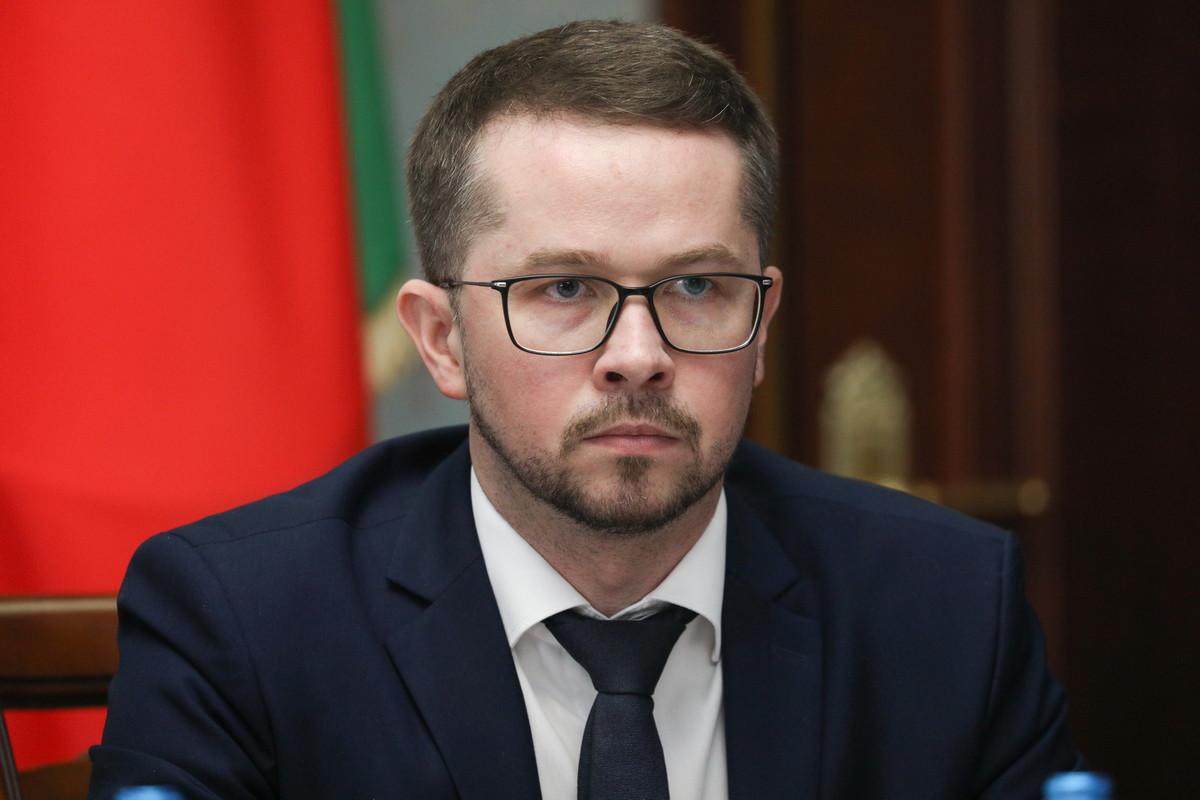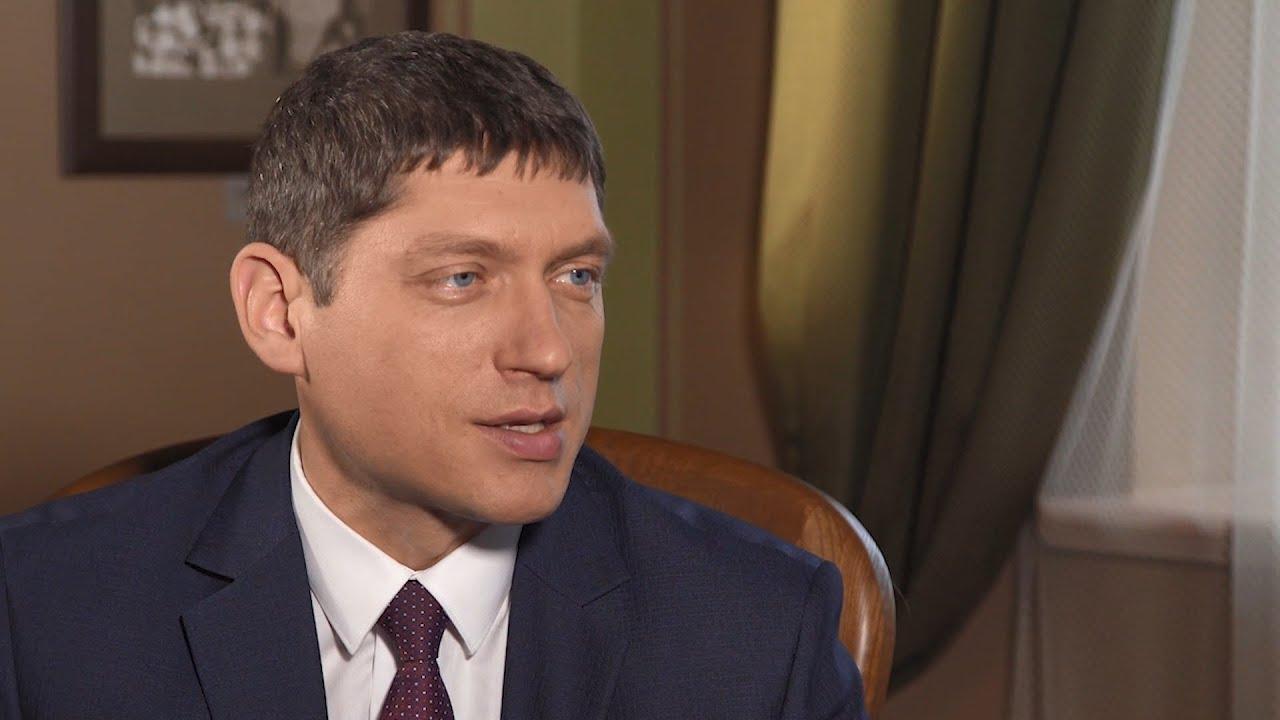Belarus maintains diplomatic composure amid allegations from Yerevan Expert insights
Russia is seeking to reconcile Armenian Prime Minister Nikol Pashinyan with Belarusian President Alexander Lukashenko, aiming to improve relations between Minsk and Yerevan. Recently, Russian Deputy Foreign Minister Mikhail Galuzin expressed this intention, noting the Russian Ministry of Foreign Affairs' difficulty in understanding Pashinyan's tough stance towards Belarusian partners.
According to him, the Russian Foreign Ministry hopes that temporary disagreements will not negatively impact the advancement of cooperation within common integration associations. He noted that the Russian side urges Armenia and Belarus to "look beyond the horizon, realize the importance of the moment when the outlines of a new world order are emerging, in the construction of which the Russian Federation wants to see both countries."
Of course, Moscow's initiative is commendable, but how is this viewed in Minsk, which Yerevan recently accused of "preparing for war against Armenia"? Will President Lukashenko forgive Pashinyan for such statements? Caliber.Az correspondent asked Belarusian political analysts to answer these questions.

According to Oleg Leshenyuk, an expert of the Permanent Commission of the Commonwealth of Independent States (CIS) Interparliamentary Assembly, there is no actual conflict between Belarusian President Alexander Lukashenko and Armenian Prime Minister Nikol Pashinyan.
"Pashinyan has simply made numerous accusations against the president personally. The reasons are rather contrived, and the so-called conflict is more of a provocation by Armenia against Belarus. Pashinyan's actions are necessary to demonstrate his commitment to Western values and the EU course and are consistent with his desire to exit the CSTO [Collective Security Treaty Organization]," the political scientist noted.
He added that Pashinyan cannot directly confront all CSTO members or the Russian Federation. Therefore, he has chosen Belarus and its president, who is a significant irritant to Pashinyan's Western partners, as the target for his accusations.
"Belarus has always pursued an independent domestic and foreign policy in its national interests. The President of Belarus has never made statements about refusing to go somewhere or being unwilling to cooperate with other countries. On the contrary, there has always been readiness expressed: 'we are ready to cooperate,' 'we are open,' 'please come,' 'get acquainted, see how we are doing,' and so on. Both Armenia and Azerbaijan are partner countries of the Republic of Belarus. Relations between Belarus and Azerbaijan have been built since the countries gained independence. For many years, Belarus has conducted trade, economic, political, and military-technical cooperation on a bilateral basis. The Republic of Belarus never lets down its partners," Leshenyuk emphasized.

According to political and economic analyst Alexey Avdonin from the Belarusian Institute for Strategic Studies (BISS), it is evident that at some point Yerevan made a somewhat unclear decision to escalate relations between the two states.
"It is clear that the accusations levelled were unfounded, and the Belarusian side responded to them as diplomatically as possible through all channels. However, as participants in various integration unions, it is in our interest not to exacerbate the situation but rather to resolve differences between our countries. The efforts of the Russian Federation will certainly contribute to this process. Although I can state that there is essentially no conflict at this point, because subsequently, after Yerevan's statements, the Belarusian foreign policy department worked with the Armenian side, and there was some understanding reached as to why such statements were made by Yerevan. Further steps will be taken to prevent relations between the countries from escalating," the political analyst assured.
According to him, the Belarusian side understands well that the remarks made were emotional in nature, did not conform to the protocols of interstate relations, and because the reasons for such statements were unclear, Minsk reacted very cautiously to them.
"Therefore, President Lukashenko and our foreign ministry reacted extremely restrainedly to such an emotional outburst from Yerevan. All accusations against Minsk lacked a factual basis, and it was evident that all claims carried elements of conflict. However, subsequent work by the Belarusian Ministry of Foreign Affairs successfully defused the incident and prevented a conflict between the countries.
Moreover, I would say that our foreign ministry has already developed strategies on how to respond to such provocations and how to nullify the tension. To those who wanted to sow discord between Minsk and Yerevan, I can only express sympathy - their adventure failed," concluded Avdonin.








